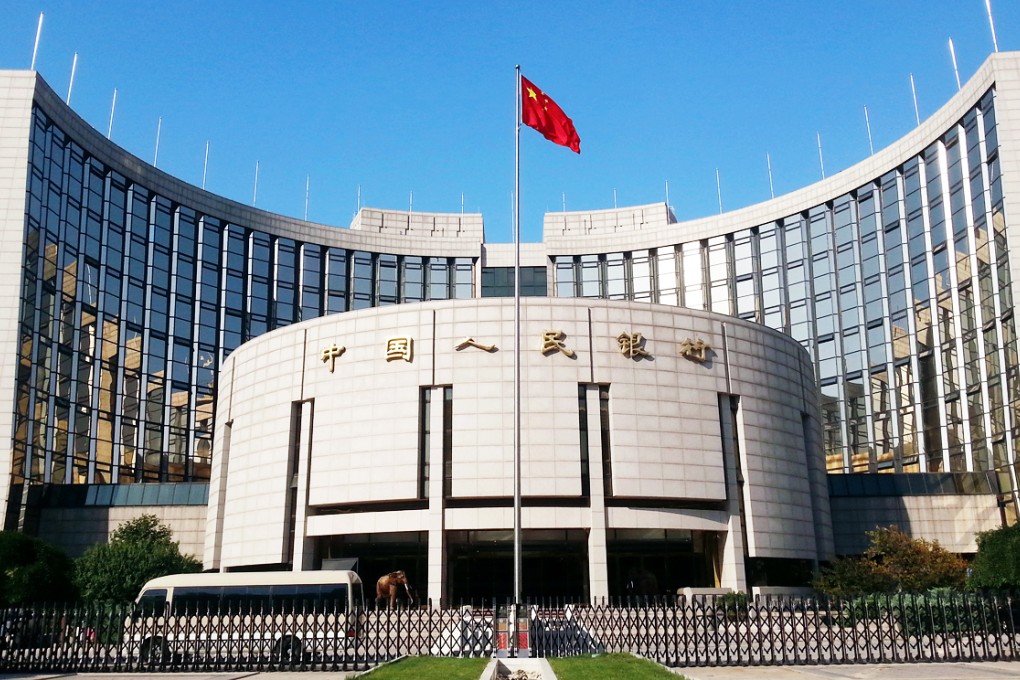China issues rules on bank deposit insurance scheme
Beginning May 1, banks must set aside funds to cover liabilities should they become insolvent

Beijing took a key step yesterday towards drastic reform of the mainland's banking sector as the cabinet published rules governing the deposit insurance system, part of Premier Li Keqiang's efforts to introduce more competition in the finance industry.
The State Council said the rules, which take effect on May 1, stipulated depositors could receive up to 500,000 yuan (HK$632,260) each in compensation if a bank went under.
The People's Bank of China said the rules, endorsed by the premier, paved the way for a smooth establishment of a deposit insurance system on the mainland after 22 years of drawn-out preparations.
The council's announcement confirmed an earlier report by the South China Morning Post that the premier would push ahead with the liberalisation of the interest rate mechanism and that the scheme would be established on May 1.
Financial institutions will have to place a small portion of their funds with a deposit insurance institution, expected to be under the control of the central bank, and the fund would be used to repay a member's debts if it became insolvent. The percentage of capital banks must put in reserve has not been announced but is likely to be in line with practices followed by developed nations.
With the scheme, the central bank can set up a market-based interest rate mechanism, giving banks greater freedom in deciding deposit and lending rates.